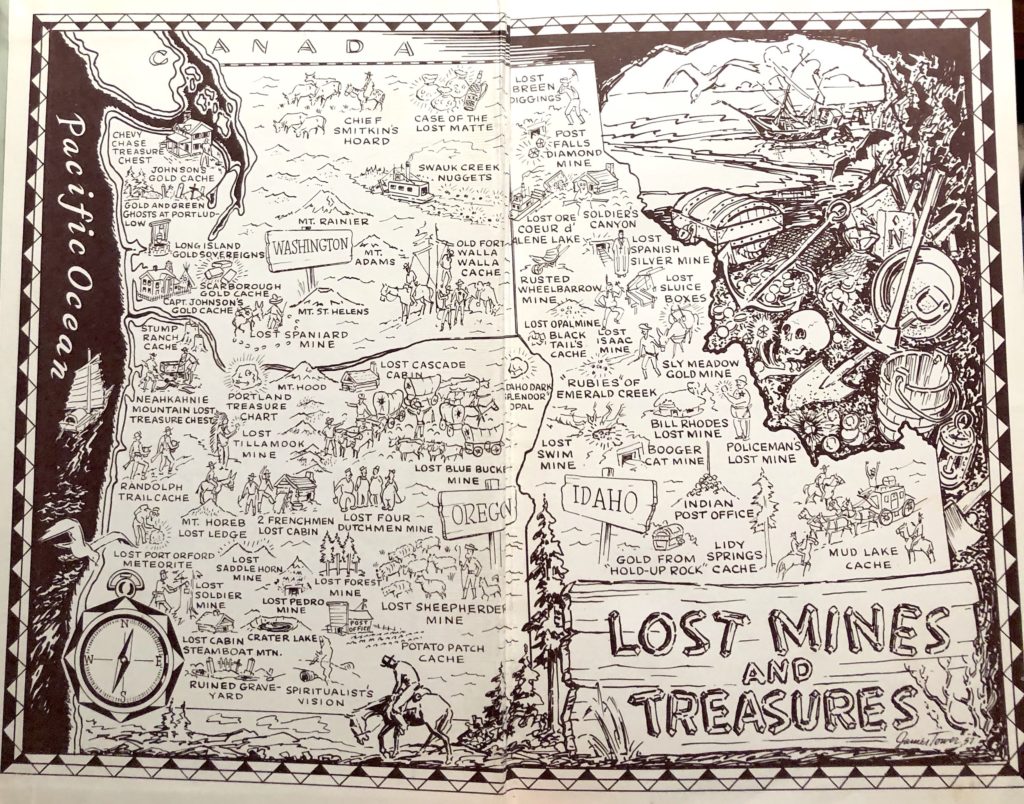I’ve seen Simone Weil referenced by numerous writers over the years, but I’ve never read any of her work myself. I just got a hold of a short anthology and cracked it open. At first glance it seems that Weil is what Thomas Merton would have become if he had been a woman and become a professor instead of a monk. The similarities are many. Both were born in France only a few years apart form each other. Both had a dramatic conversion to Christianity in their twenties. Both died far too early. Their writing style appears to be similar as well.
This is just a preface to say that I was arrested by some of her commentary on the Lord’s Prayer. This passage in particular is just dynamite! I’m going to just leave it here without further comment.
—
“And forgive us our debts, as we also forgive our debtors.”
At the moment of saying these words we must have already remitted everything that is owing to us. This not only includes reparation for any wrongs we think we have suffered, but also gratitude for the good we think we have done, and it applies in a quite general way to all we expect from people and things, to all we consider as our due and without which we should feel ourselves to have been frustrated. All these are the rights that we think the past has given us over the future.
First there is the right to a certain permanence. When we have enjoyed something for a long time, we think that it is ours and that we are entitled to expect fate to let us go on enjoying it. Then there is the right to a compensation for every effort whatever its nature, be it work, suffering, or desire. Every time that we put forth some effort and the equivalent of this effort does not come back to us in the form of some visible fruit, we have a sense of false balance and emptiness which makes us think that we have been cheated. The effort of suffering from some offense causes us to expect the punishment or apologies of the offender, the effort of doing good makes us expect the gratitude of the person we have helped, but these are only particular cases of a universal law of the soul.
Every time we give anything out we have an absolute need that at least the equivalents should come into us, and because we. need this we think we have a right to it. Our debtors comprise all beings and all things; they are the entire universe. We think we have claims everywhere. In every claim we think we possess there is always the idea of an imaginary claim of the past on the future. That is the claim we have to renounce.
To have forgiven our debtors is to have renounced the whole of the past in a lump. It is to accept that the future should still be virgin and intact, strictly united to the past by bonds of which we are ignorant, but quite free from the bonds our imagination thought to impose upon it. It means that we accept the possibility that. this will happen, and that it may happen to us in particular; it means that we are prepared for the future to render all our past life sterile and vain.
In renouncing at one stroke all the fruits of the past without exception, we can ask of God that our past sins may not bear their miserable fruits of evil and error. So long as we cling to the past, God himself cannot stop this horrible fruiting. We cannot hold on to the past without retaining our crimes, for we are unaware of what is most essentially bad in us.
The principal claim we think we have on the universe is that our personality should continue. This claim implies all the others. The instinct of self-preservation makes us feel this continuation to be a necessity, and we believe that a necessity is a right. We are like the beggar who said to Talleyrand: “Sir, I must live,” and to whom Talleyrand replied, “I do not see the necessity for that.”
Our personality is entirely dependent on external circumstances which have unlimited power to crush it. But we would rather die than admit this. From our point of view the equilibrium of the world is a combination of circumstances so ordered that our personality remains intact and seems to belong to us. All the circumstances of the past that have wounded our personality appear to us to be disturbances of balance which should infallibly be made up for one day or another by phenomena having a contrary effect. We live on the expectation of these compensations. The near approach of death is horrible chiefly because it forces the knowledge upon us that these compensations will never come.
To remit debts is to renounce our own personality. It means renouncing everything that goes to make up our ego, without any exception. It means knowing that in the ego there is nothing whatever, no psychological element, that external circumstances could not do away with. It means accepting that truth. It means being happy that things should be so.
The words “Thy will be done” imply this acceptance, if we say them with all our soul, That is why we can say a few moments later: “We forgive our debtors.”
The forgiveness of debts is spiritual poverty, spiritual nakedness, death. If we accept death completely, we can ask God to make us live again, purified from the evil in us. For to ask him to forgive us our debts is to ask him to wipe out the evil in us. Pardon is purification. God himself has not the power to forgive the evil in us while it remains there. God will have forgiven our debts when he has brought us to the state of perfection.
Until then God forgives our debts partially in the same measure as we forgive our debtors.




